
Sign in to your ScreenRant account
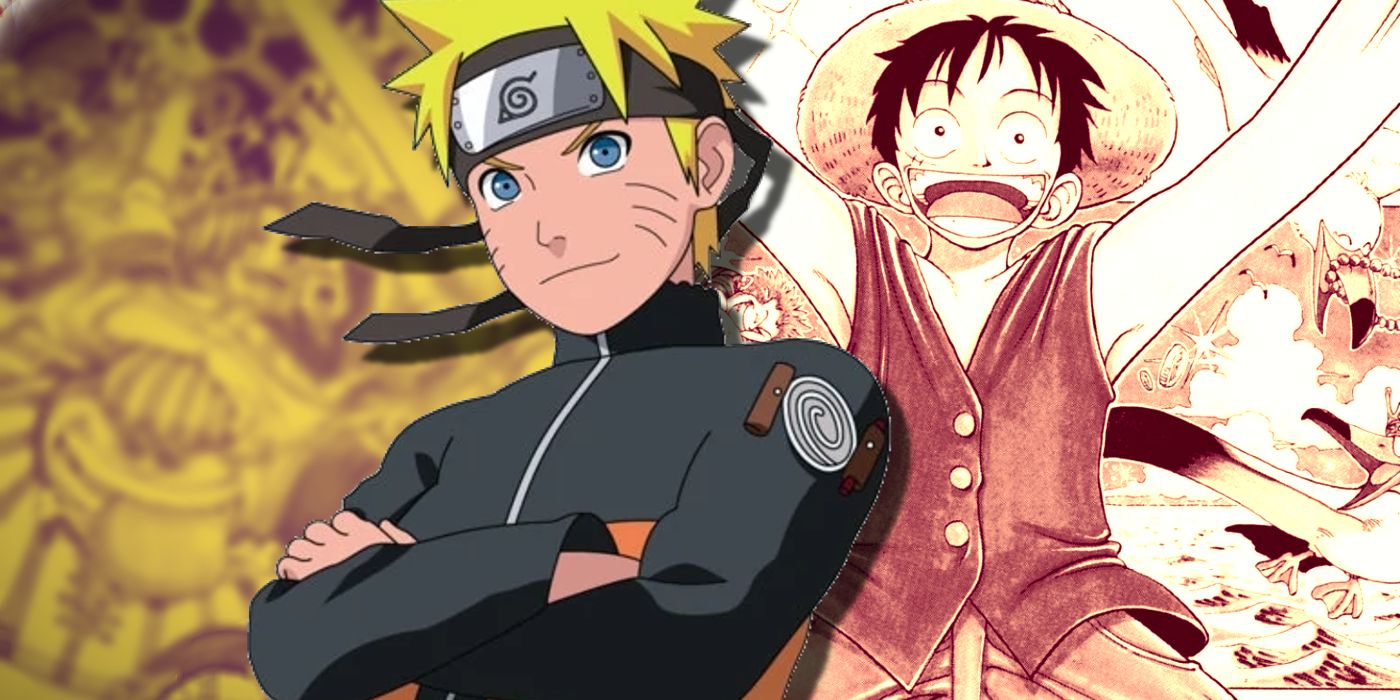
In October 2024, One Piece released its best episode of all time—and it proves an important point about Naruto. One Piece Fan Letter was released in celebration of the franchise's 25th anniversary, and to call it a huge success would be an understatement. The special climbed quickly to the top of MyAnimeList's all-time rankings, reaching #2 as of the time of writing. The very things that made Fan Letter so refreshing are precisely what Naruto has always needed.
Naruto and One Piece have always been soft rivals, building each other up and inspiring one another. The conventional logic is that, where Naruto is more character-driven than One Piece, One Piece places a lot more focus on building out its world. While both series have spawned massive, sprawling cartographies, Fan Letter shows what One Piece had been missing for so long. In the process, it shows how to fix one of Naruto's biggest problems—one where I argued Naruto could learn from One Piece only two months before Fan Letter's release. In other words, Fan Letter makes it safe to consider my point about Naruto proven.
Naruto Relied on Details It Failed To Deliver
The Tragedy of Naruto Is Its Unrealized Potential
To keep a long argument short: establishing that the shinobi life is cruelly unforgiving is vital to Naruto. Naruto's core theme is "hope, above all"—even if Konoha's image, and the Will of Fire Naruto's "good guys" represent, are depicted as cloyingly idealistic in the process. Unfortunately, Naruto failed to make this as clear as it probably should have; its overbearing focus on Konoha and the righteousness of shinobi ideals causes its world to suffer from underexposure.
Naruto generally has trouble making the world outside Konoha seem to matter. This can be a real problem, as Amegakure shows in excruciating detail. As a minor village that became a proxy for conflicts between major villages, Amegakure was ravaged by war and left destitute. Naruto's most notorious gang of villains, the Akatsuki, emerged out of this background. One of Naruto's best arcs involves the history of Amegakure and the Akatsuki, showing they're intimately linked with the political, social, and personal affairs of places like Konoha. Jiraiya's death exemplifies how Naruto's perspective is myopic, even if its storytelling has abundant potential.
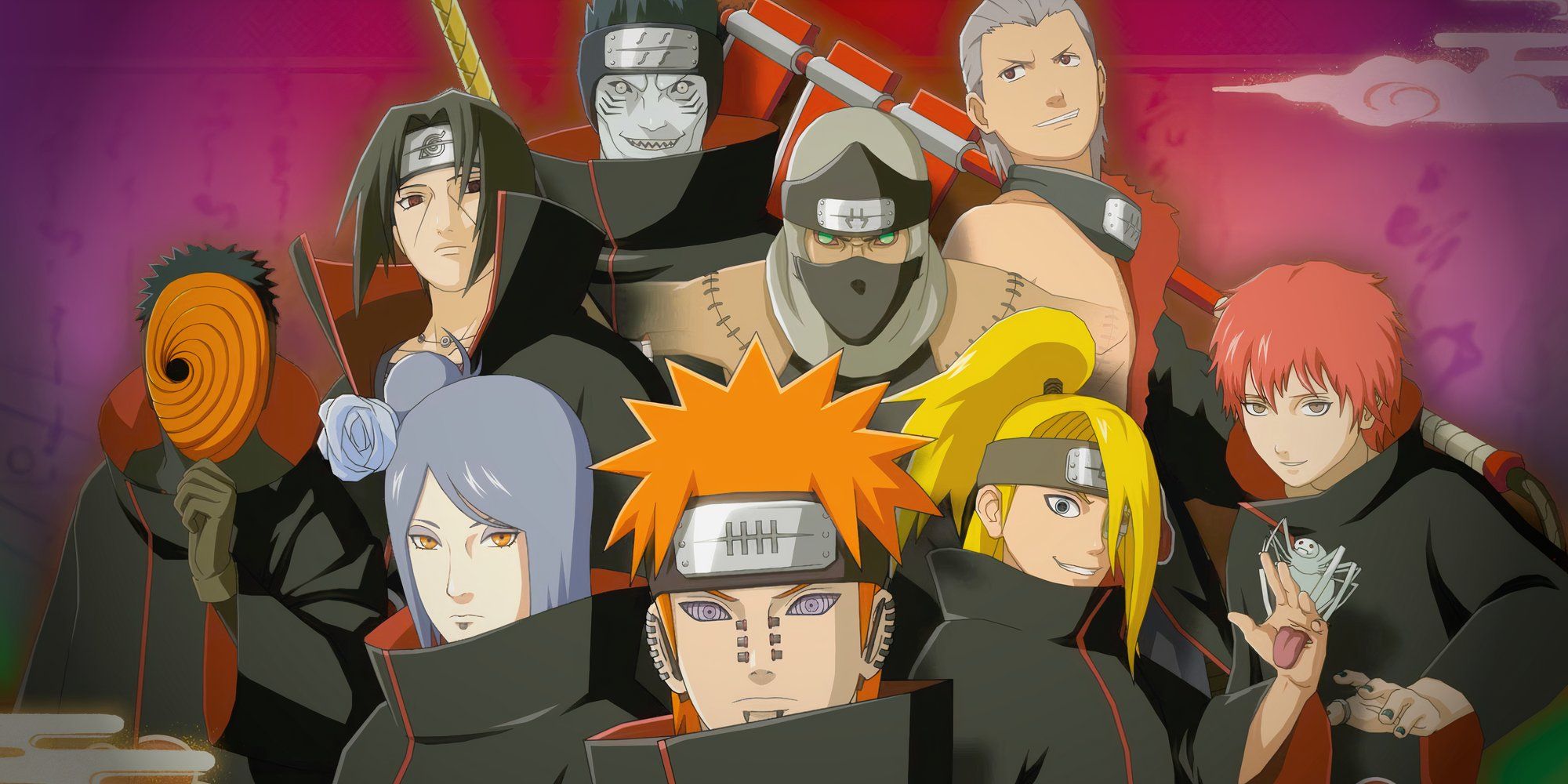
Related
Sorry, Naruto, Akatsuki Was Right: the Shinobi World Is Horrible
Akatsuki was an iconic group of outlaw ninja who were against everything Naruto and his friends stood for — and, uncomfortably, they had a point.
Even looking beyond Naruto's themes, there's so much to be gained from exploring its world further. Jinchuriki and Tailed Beasts drive Naruto Shippuden's entire plot, but viewers hardly spend any time with them or their homelands. Aside from Naruto's filler doing its manga world-building favors, it's actually quite rare to get a prolonged glimpse at its landscape outside Konoha.
This can especially become a problem later with major events like the Five Kage Summit concerning Akatsuki and the ensuing build-up to the Fourth Great Ninja War, when the impact of the social and political strife is hardly depicted outside Konoha's perspective, especially with reference to ordinary people.
Fan Letter Showed a New Perspective Within One Piece’s World
One Piece's World Opens Up Like Never Before With Fan Letter
Fan Letter is One Piece's effort to avoid precisely this trap. Loosely adapting a spin-off novel series set in One Piece's world, Fan Letter follows the lives of various characters living on the Sabaody Islands during and in the aftermath of the Paramount War. In recent years, One Piece has been making more efforts to ensure that fans are also aware of the civilian and social cost of its piracy and instability. Fan Letter serves as a pinnacle for those efforts, being the franchise's clearest enunciation of the material stakes of things it often seems to lionize—or, at least, valorize—from a distance.
Although many characters are featured, the episode centers around a girl fascinated with Nami because she doesn't leave wreckage behind her for no reason. She starts to idolize Nami and writes a fan letter to her; the story then becomes about her delivering this fan letter to the Straw Hat Pirates. As peripheral characters tell stories about the war and argue about the world they inhabit, Nami goes on an adventure of her own to try to meet the Straw Hat Pirates and deliver the letter.
Fan Letter shows One Piece's unspoken boiling point: where anxiety about piracy and its impact on the world aren't vague sociopolitical concerns but things that actually impact characters on a day-to-day basis. Death, destruction, and horror become mundane in arguments over drinks rooted in trauma, agony, and devotion. The episode is incredible because, in a way, it serves to showcase what One Piece hopes to effect in its fans: a love of adventure and a whimsical affection for the world despite its atrocities.
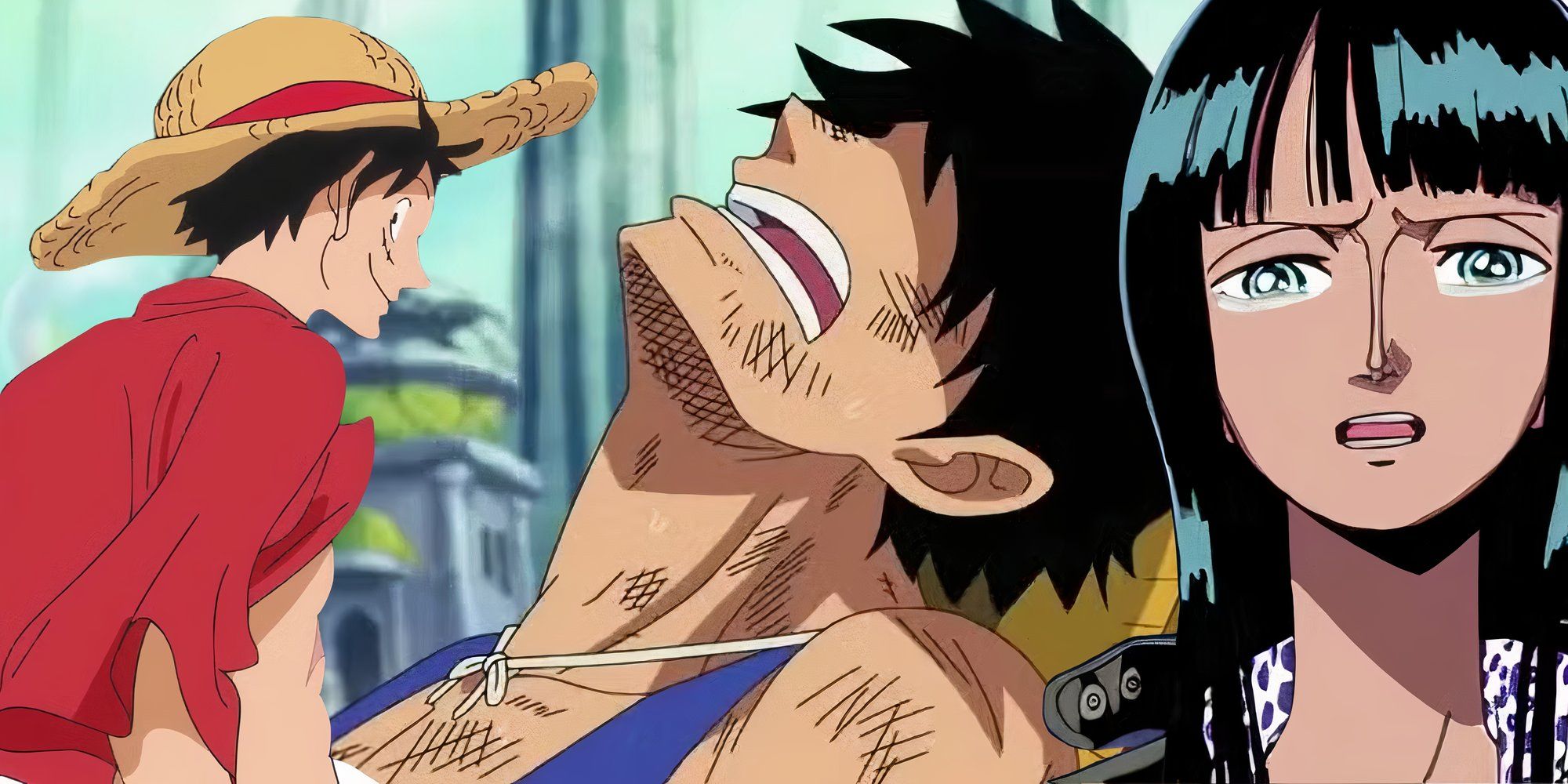
Related
5 Lessons Every One Piece Fan Needs To Take To Heart
One Piece excels not only in delivering an exciting and adventurous tale but also in imparting heartfelt life lessons.
It shows how, in a world where things are really awful, affection for a person, an idea, or a thing can make all the difference. Fan Letter uses the new vantage to show how One Piece's horrifying world is a vessel for a broader theme. For the shōnen titan, it's an exercise in self-awareness and an effort at guiding what its viewers take away from the series.
Fan Letter Shows Just What Naruto Has Always Needed
Naruto Would Be Unstoppable If It Were More Self-Aware
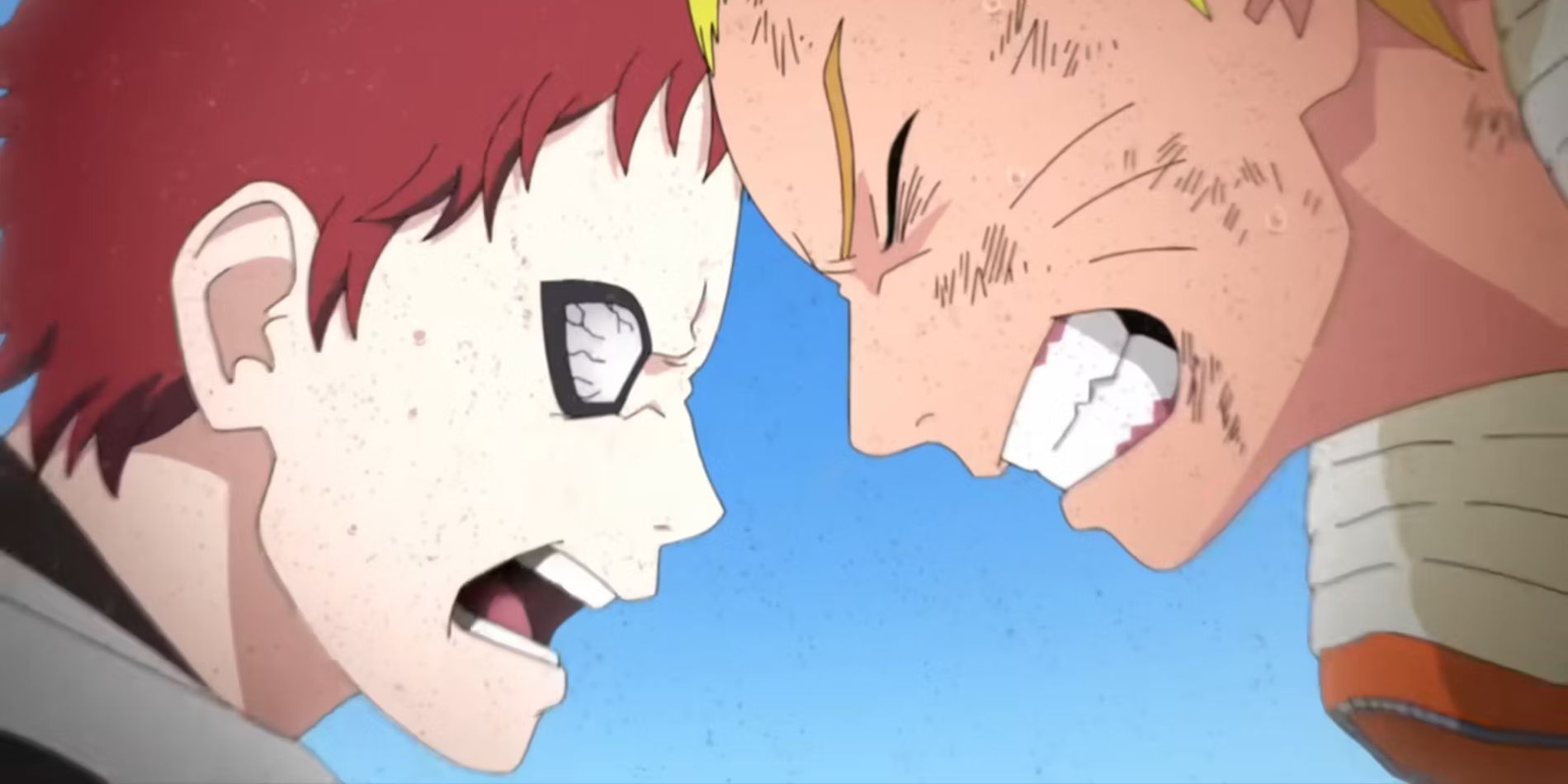
Fan Letterprovided a different vantage point during an in-universe period that fans, previously, likely felt they fully understood. It's effective precisely because it upsets the sense of orderly grandiosity that One Piece's narrative has always built for its world. Structurally, as a story about (at its core) scouring different lands in search of treasure with some pals while a quagmire of mysteries comes into view, One Piece certainly relies on its world-building.
It also has always done significantly more with its world: there's much more of a focus on portraying life and depth in its different locations. Perhaps, when the ocean is one's venue, it's easier to build a world without the judgement-clouding effects of borders.
What Naruto actually lacks is stories of places that "don't matter" in a world that's effectively always at war.
Conversely, perhaps when one's main character prioritizes becoming the moral, social, and military figurehead of said character's village, it's natural to emphasize specific worldviews—Konoha's way, the Hokage's way, and the shinobi way. Lawlessness and borderlessness sustain the global attention of One Piece's narrative, while Naruto is about becoming the one who protects, honors, and justifies borders.
When Naruto links being a missing-nin with the vague ideal of being a danger to the shinobi order, a fascinating line of narrative possibility opens up that's occasionally explored by the backstories of characters like Sasori, Deidara, Obito, and Madara. Naruto's empathy and emotional intelligence come from its willingness to show either side of the binary of good and evil.
It's tempting to say that what Naruto lacks is war stories, but Naruto is—in effect—a war story. What Naruto actually lacks is stories of places that "don't matter" in a world that's effectively always at war, full of characters always at war with themselves, built on ideals so at war with themselves that, just like Madara once opined, the concept of peace implies the permanent possibility of war.
Naruto's great tragedy is its insistence on teasing an ultimately unrealized self-awareness. Naruto's battle with Sasuke leads to his "victory"—but at what cost? The fact that this question is literal and not rhetorical shows exactly why One PieceFan Letter is an ingenious work with precisely the thing Naruto's world has always needed.
Your changes have been saved
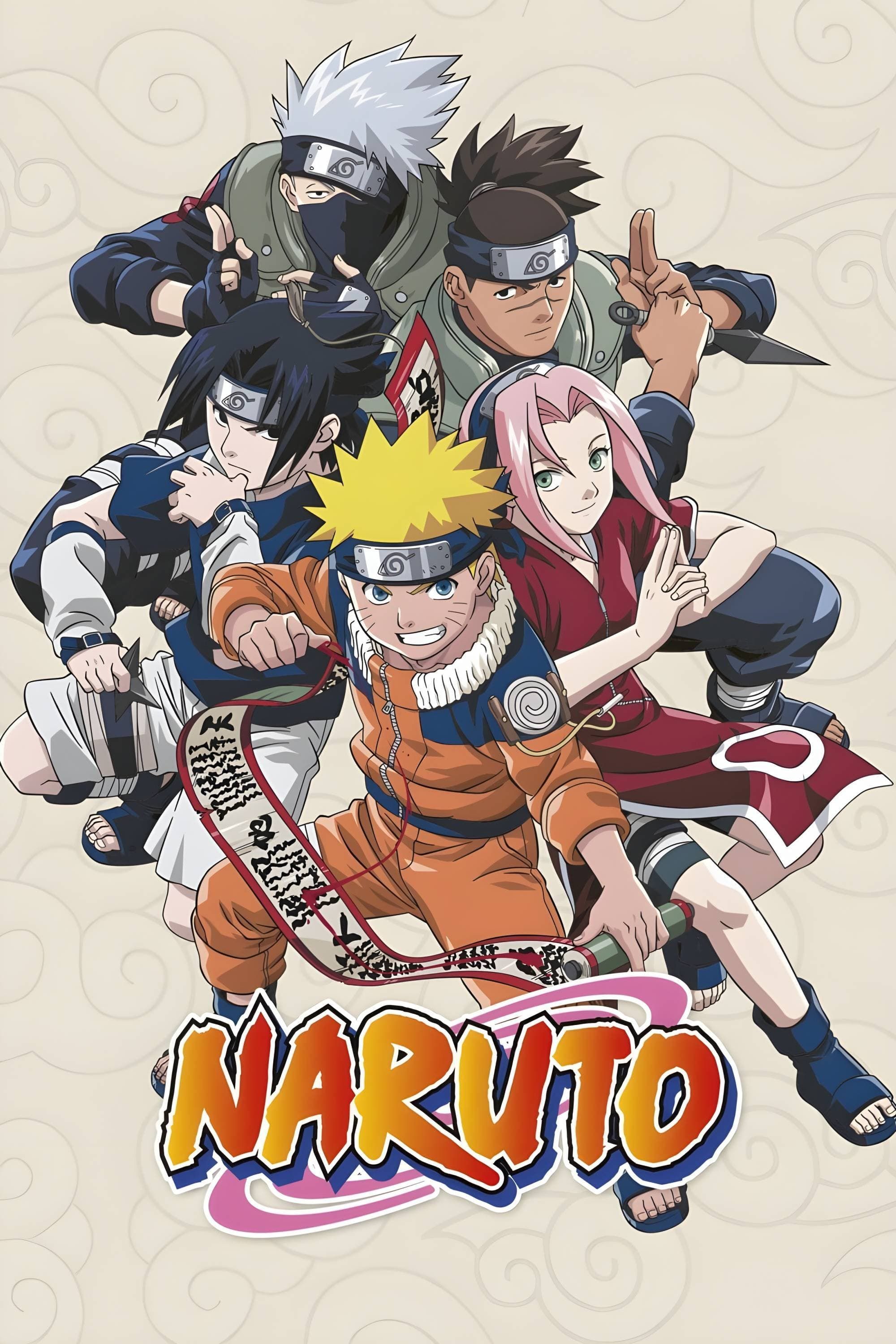
Naruto
Naruto is a franchise spawned from the manga series penned by Masashi Kishimoto that began in 1999. Generating several tv series, games, movies, and more, Naruto follows the exploits of a young outcast ninja harboring the spirit of a demon fox who seeks to become the Hokage, the leader of his ninja village, to break the stigma against him. Upon the conclusion of the initial series, Naruto expanded into Boruto, following many series protagonists' children and returning faces.
First Episode Air Date October 3, 2002
Cast Junko Takeuchi , Maile Flanagan , Noriaki Sugiyama , Chie Nakamura , Kazuhiko Inoue , Nana Mizuki , Hideo Ishikawa , Yûko Sanpei
Character(s) Naruto Uzumaki , Sasuke Uchiha , Sakura Haruno , Kakashi Hatake , Itachi Uchiha , Hinata Hyuga , Gaara , Jiraiya , Tsunade , Orochimaru
Summary
Naruto is a Japanese manga and anime franchise created by Masashi Kishimoto. It follows Naruto Uzumaki, a young ninja striving for recognition and aiming to become the Hokage, the leader of his village. The franchise has a global fanbase due to its rich storytelling, character development, and themes of perseverance and friendship. It has expanded into anime series, films, novels, video games, and more. The sequel series Boruto continues the story, focusing on Naruto's son, Boruto Uzumaki.
Your changes have been saved
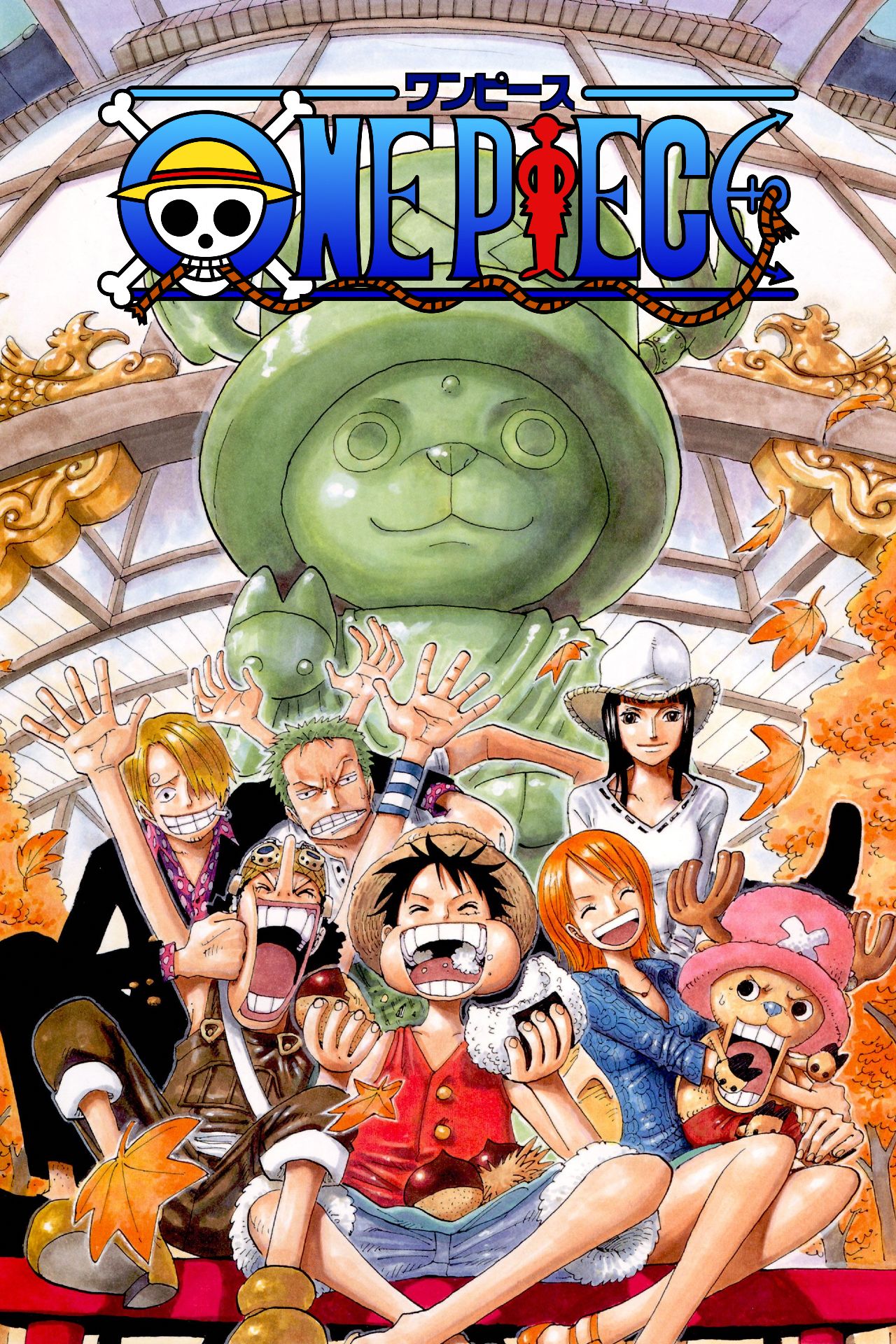
One Piece
Created by Eiichiro Oda, One Piece is a multimedia franchise that began as a manga series and follows the adventures of the Straw Hat Pirates as led by Monkey D. Luffy. Luffy, an enthusiastic pirate with a thirst for adventure, is afflicted by a mysterious curse that gives him various powers he uses to protect himself and his friends. The manga eventually gave way to the anime series, with the two being some of history's longest-running anime and manga series. Along with over fifty video games made over the years, the series entered the live-action world with Netflix's 2023 adaptation.
Created by Eiichiro Oda
First Film One Piece: The Movie
Cast Kazuya Nakai , Akemi Okamura , Kappei Yamaguchi , Hiroaki Hirata , Ikue Ôtani , Yuriko Yamaguchi

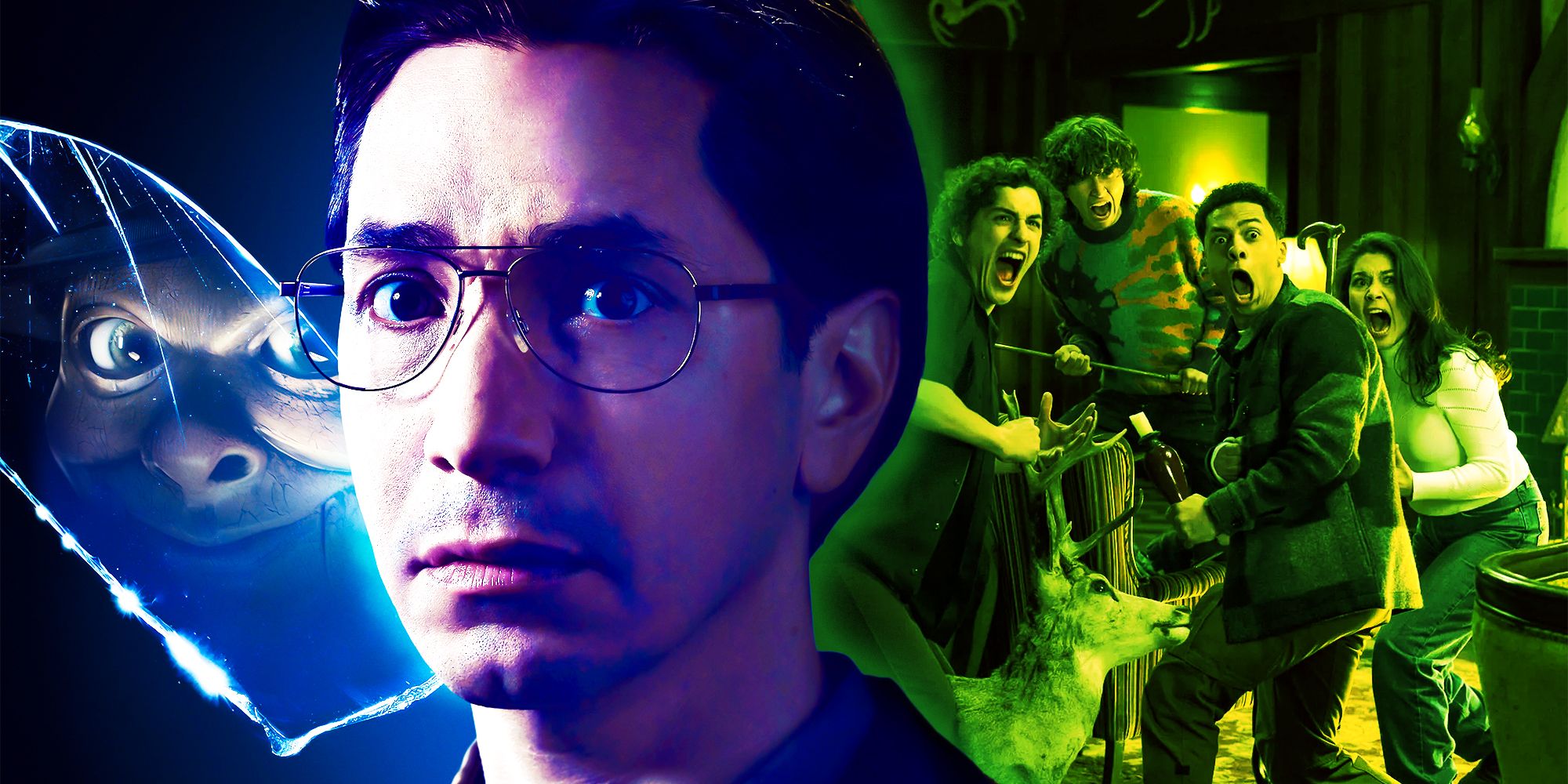
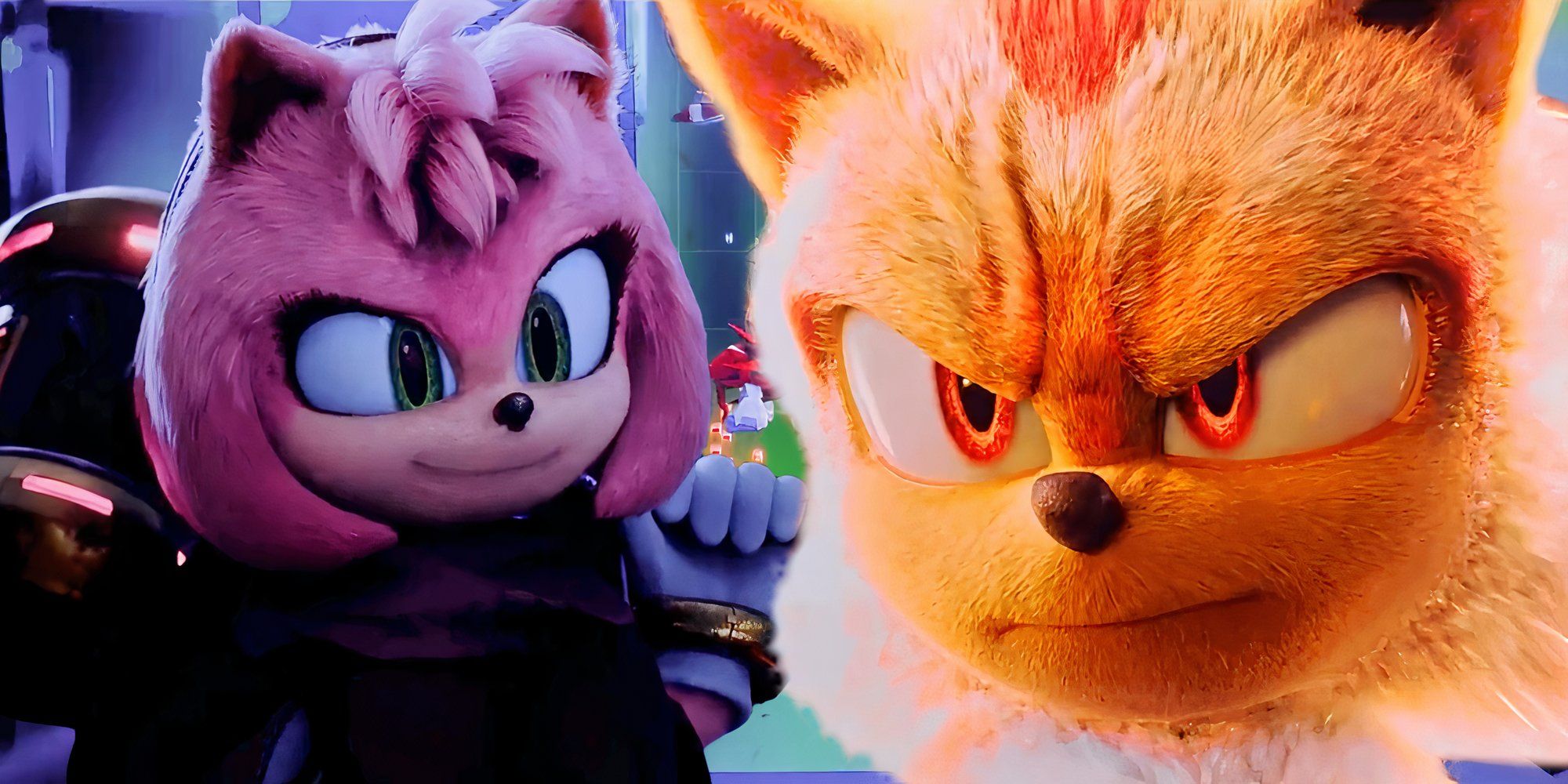




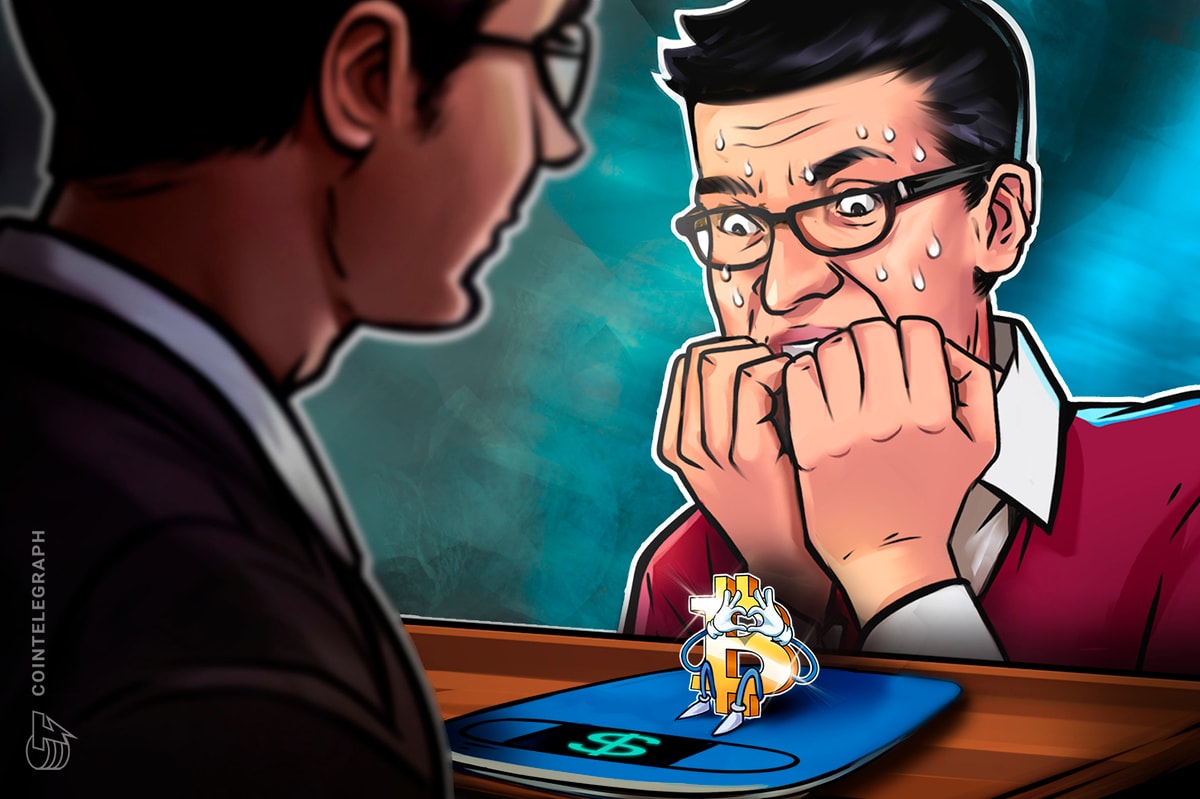

 English (US) ·
English (US) ·